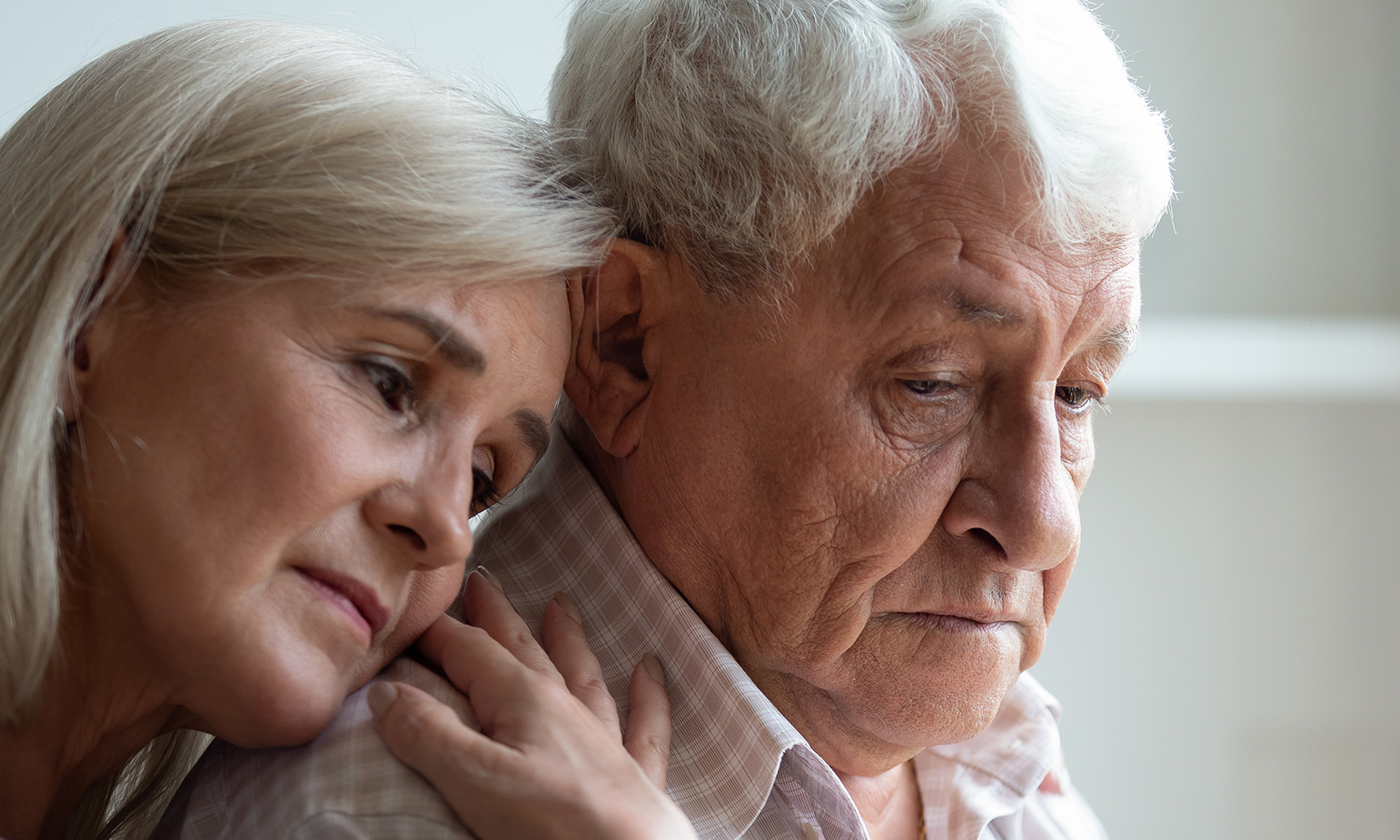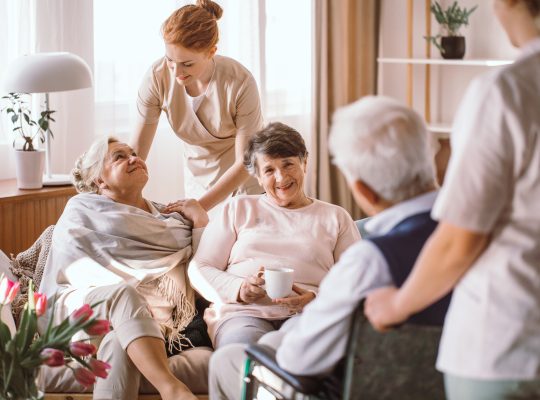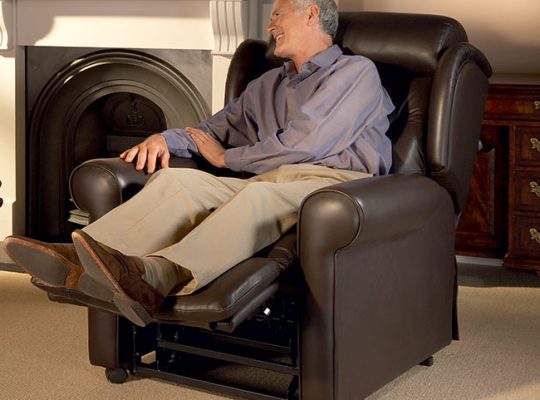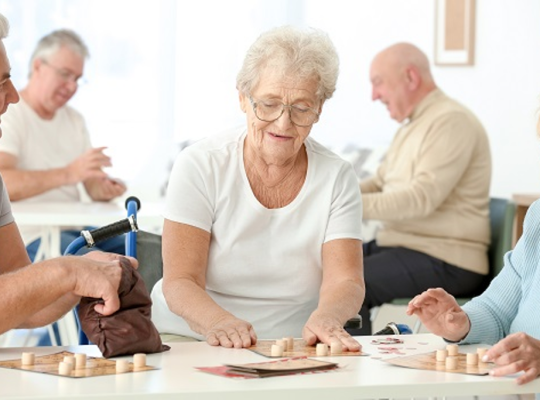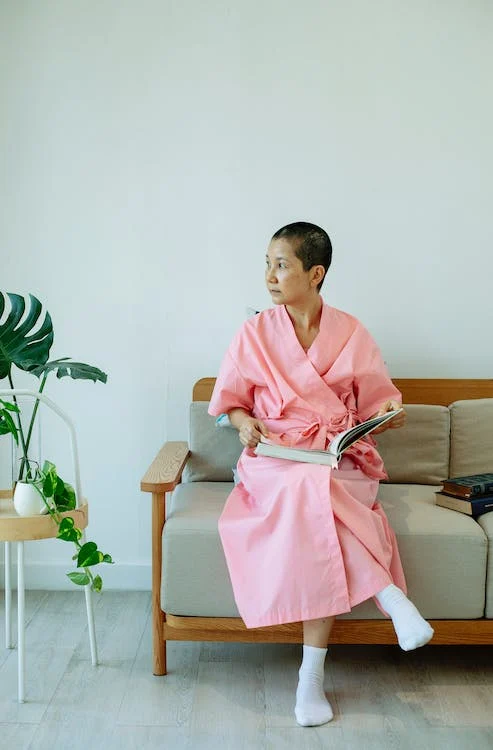As the cost of living rises and fewer people opt to have children, we are seeing an aging population in many nations throughout the world. The improvement of medical technology has resulted in an increase in life expectancy. Over 60s make up roughly 15% of the population in the United States alone; this percentage is predicted to climb in the future years, and this trend will not be limited to the United States.
Sleep difficulties are one of the numerous health issues that come with aging. In addition, poor sleep is linked to various health problems, particularly in adults over the age of 65.
In the first part of this article, we looked at why and how aging affects sleep, and we saw that changes in the body and mental health problems lead to sleep problems. Now that we know all this, we will look at what sleep problems seniors face and what it takes to solve them…
Sleep problems in seniors

Several problems can lead to sleep problems in seniors. Did you know that more than 40% of seniors suffer from sleep problems, but only half of the cases are diagnosed? The problem with sleep disorders is that they can easily affect the quality of life of those affected if they are not treated…
Common causes of sleep problems are;
Pain is a common problem that affects the quality of sleep, not only in seniors. About 80% of older adults suffer from persistent or even chronic pain that sometimes interrupts their normal sleep routine. If this pain is recurring, it is important to talk to a doctor for appropriate treatment.
Nocturia, also known as the urge to urinate at night, is common in older people. As we age, our bladder becomes overactive and cannot store urine for as long as it used to, leading to frequent interruptions in sleep.
Insomnia can manifest itself in different ways: You have difficulty falling asleep, sleeping through the night, or having a light sleep. Many factors can cause or contribute to insomnia, but fortunately, it can be treated.
Daytime sleepiness is not a normal part of the routine of older people. Even though most seniors feel sleepy during the day, that doesn’t mean it’s natural. More than 20% of seniors sleep during the day, and most often, this is done exaggeratedly, resulting in less sleep at night. It is important to pay attention to daytime sleep in older people, as it can indicate health problems such as cardiovascular disease or sleep apnoea.
Tips and tricks for better sleep

Fortunately, sleep disorders can be treated depending on their cause, and most can be alleviated through good daily habits such as diet and better sleep hygiene.
Physical activity contributes to better sleep. Even if it is difficult for older people to exercise, they can do some stretching exercises, preferably twice a day.
Reduce distractions: As adults, we are often distracted by our phones and TVs. Bright lights, mobile phones, and TVs make it harder to fall asleep.
Some substances make it harder to fall asleep, such as alcohol, caffeine, or tobacco. Some people believe that alcohol helps you fall asleep quickly, but this is far from the truth. It is recommended to avoid these substances at least 4 hours before bedtime to improve sleep quality.
Establish a bedtime routine and avoid quick changes. It is best to meditate and do some breathing exercises before bed to help your body relax. Keep a set bedtime schedule that will help them sleep better over time.
It is important to sleep well, and for seniors, it is important to sleep safely as accidents can happen anytime. I recommend keeping a mobile phone next to the bed, having a torch within reach, and removing any trip hazards. If sleep problems persist, it is best to consult a doctor. Let us know in the comments what you think of the above tips…


